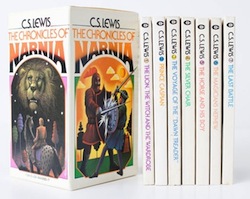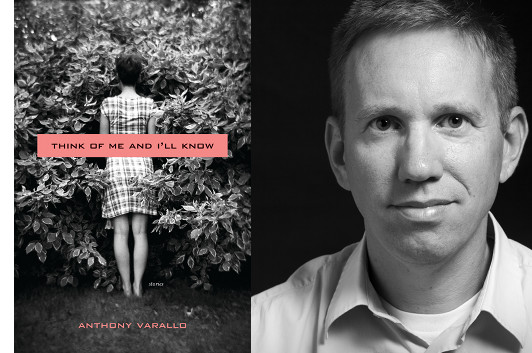Do You Get In Any Reading Over the Holidays?
A few years ago, I got the idea that I should read “The Chimes,” Charles Dickens’s other famous Christmas story. I found a free digital edition on Project Gutenberg, downloaded it to my iPad, and started reading one afternoon. I hadn’t made it very far in when I was distracted by a phone call, and then I remembered a bunch of other reading I had to do for work—the upshot being that I didn’t came back to “The Chimes” until the following December. Didn’t finish it that year, either, although I made it further than the previous effort. Last year, I almost reached the end of the first quarter.
My adult holiday traditions, such as they are, just haven’t involved reading—and the reasons for that are rooted in the one exception that I can remember. At the end of my first semester in college, I was called home the night before final exams when my father’s truck slid off an icy patch of road and into a tree. He died the next day, and that holiday season became a long cycle of grief and frustration.
 I was still sharing a bedroom with my brother (when I was home, anyway); at some point, I hit upon his boxed set of C.S. Lewis’s The Chronicles of Narnia. I’d never read the series—as a teenager, I’d been more into science fiction than fantasy—but I needed a distraction, so I opened The Lion, the Witch, and the Wardrobe and began reading. In retrospect, a story about young children torn from their parents who find refuge in a magical kingdom seems a bit on the nose. At the time, though, Aslan was just what I needed—and even though I read all seven books before it was time to go back to school, I confess Aslan rising off the table is my only firm memory from any of it.
I was still sharing a bedroom with my brother (when I was home, anyway); at some point, I hit upon his boxed set of C.S. Lewis’s The Chronicles of Narnia. I’d never read the series—as a teenager, I’d been more into science fiction than fantasy—but I needed a distraction, so I opened The Lion, the Witch, and the Wardrobe and began reading. In retrospect, a story about young children torn from their parents who find refuge in a magical kingdom seems a bit on the nose. At the time, though, Aslan was just what I needed—and even though I read all seven books before it was time to go back to school, I confess Aslan rising off the table is my only firm memory from any of it.
6 December 2013 | better bookends |
Anthony Varallo: A Sense of Speech

I was introduced to the stories of Anthony Varallo in 2006, after he’d won the Iowa Short Fiction prize and contributed a guest essay to this site celebrating a favorite Cheever story. I was delighted to hear from him recently and to hear about his latest story collection, Think of Me and I’ll Know, which I’m very much looking forward to reading. I invited him to write about another story he loved, and he responded with this tribute to the innovative dialogue of V.S Pritchett.
If I had to pick one short story writer as the most neglected, least read, or simply overlooked, it would probably be V. S. Pritchett. Pritchett is, to my mind, the greatest British short story writer of all time, and his Complete Collected Stories was a revelation to me when I first read it years ago, and continues to be a book I go back to time and time again, especially when I’m thinking about dialogue. Pritchett was a master of dialogue.
One of Pritchett’s best stories, “A Sense of Humor,†begins with an exchange between the narrator, a traveling salesman checking into a new hotel, and the attractive woman who works at the hotel desk. Here’s how Pritchett conveys their first meeting:
“You’re a stranger here, aren’t you?†she said.
“I am,†I said. “And so are you.â€
“How do you know that?”
“Obvious,†I said. “Way you speak.â€
“Let’s have a light,†she said.
“So’s I can see you,†I said.
4 December 2013 | selling shorts |

 Our Endless and Proper Work is my new book with Belt Publishing about starting (and sticking to) a productive writing practice.
Our Endless and Proper Work is my new book with Belt Publishing about starting (and sticking to) a productive writing practice. 
